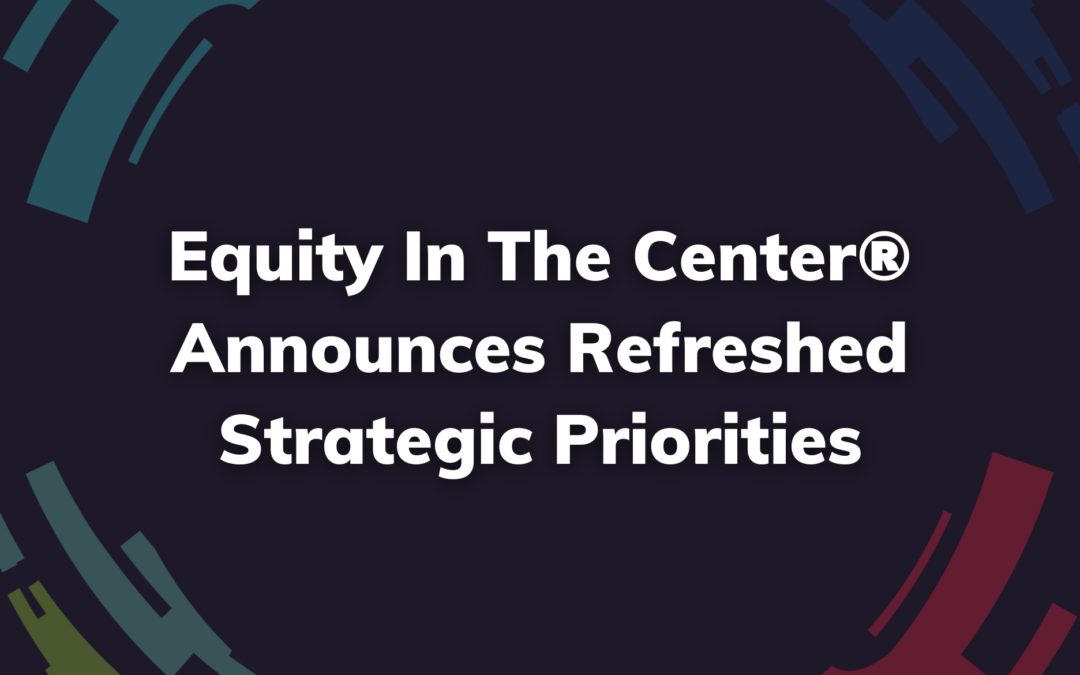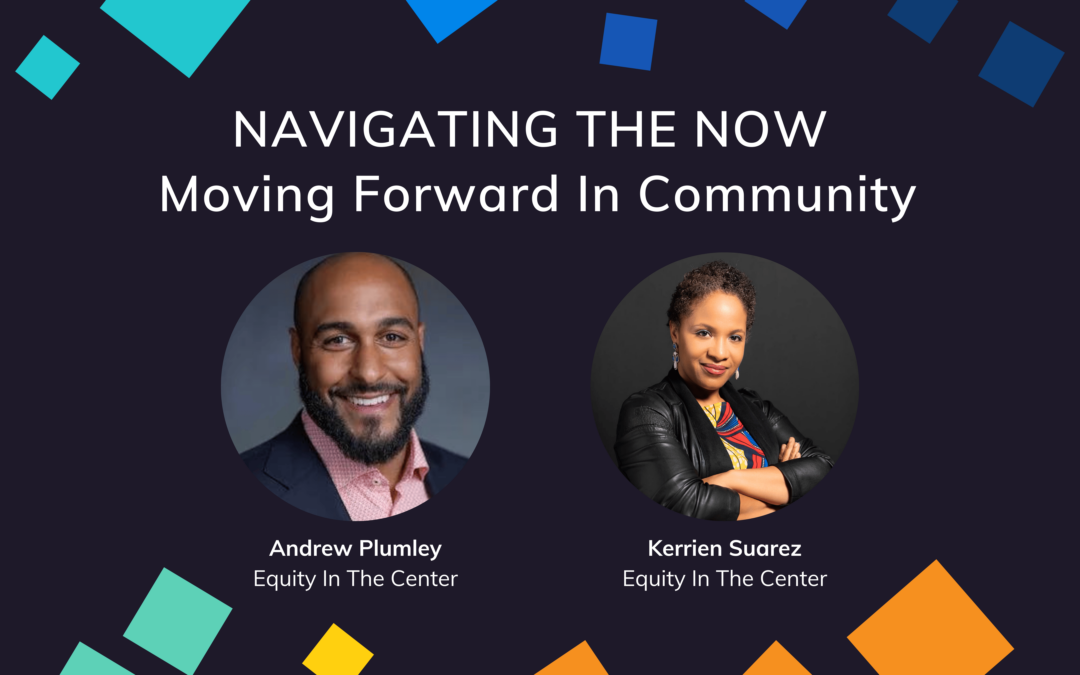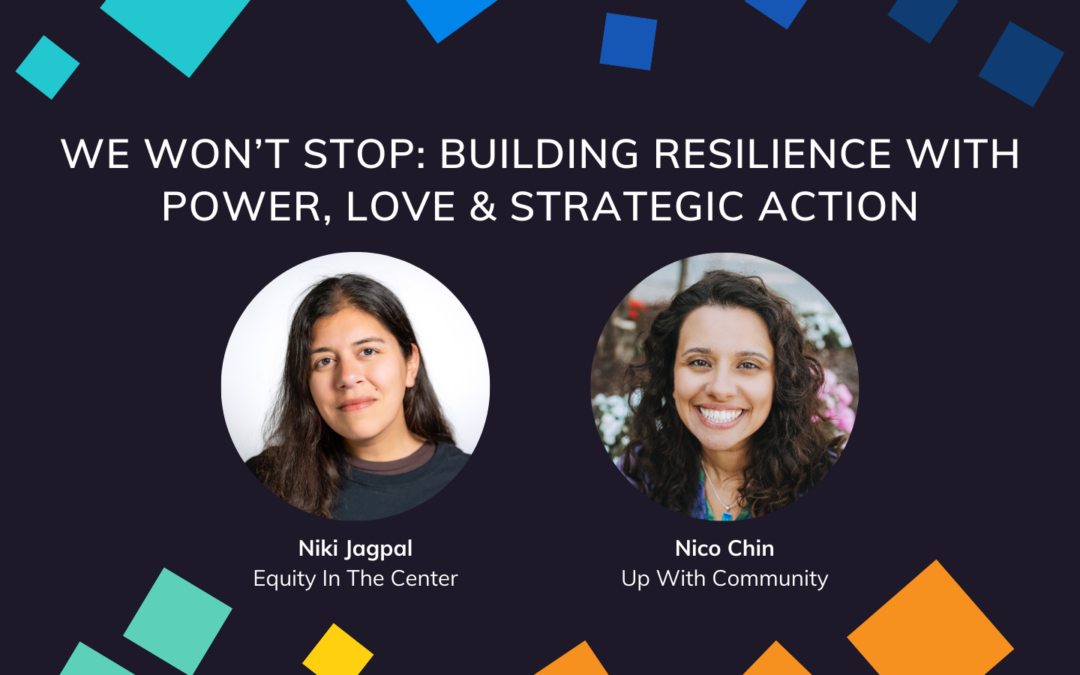Written by Jasmine N. Hall Ratliff – Adjunct Professor at St. Louis University and Consultant at Keecha Harris and Associates, inc.

By 2044, people of color will be a majority of the population in America. As we move toward this reality, broad opportunities exist for organizations to address the enormous inequities that people of color face in health, wealth, employment opportunities, and more.
As diversity increases and exclusion of people of color continues, organizations in various sectors need to start from within to work toward a brighter future where historic injustices can be ameliorated, present barriers to equity can be lifted, and future barriers to equal opportunity can be prevented. A first step in looking inward is to address organizational structures, processes, and practices. In addressing these operational systems and practices, organizations that are outwardly working on social justice issues can truly “walk the talk.”
Keecha Harris and Associates, Inc. (KHA) is a national consulting firm and 8(a)-certified and woman-owned business based in Birmingham, Alabama. We lead organizational development, project management, and evaluation projects for publicly and privately funded efforts across a broad range of topics. Through initiatives like The Presidents’ Forum and the Inclusion, Diversity, and Equity in Environmental Philanthropy (InDEEP) initiative, we are engaging foundation leaders and staff to look more closely at how historic and current racial inequities have caused the problems within the issues they’re addressing.
Part of this work has been to help foundation leaders look both personally inward but also at their own organizational structures and systems. In doing so, these leaders can begin to influence or outright change how their organizations (and possibly the sector) use racial equity as a frame for dismantling the systems causing these inequities. As a result, foundations can move closer to achieving their missions by making internal changes first that will lead to different ways of working with grantees and sector peers.
As a result of this work and as organizations continue to start their racial equity evolutions by looking first inward, KHA is developing a set of recommendations addressing organizational structure, processes, and policies for an organization to begin building a racial equity lens into its culture. These recommendations include:
- Establish a minimum percentage of board members who come from underrepresented racial and ethnic populations.
- Establish a minimum percentage of executive leaders who come from underrepresented racial and ethnic populations.
- Establish a minimum percentage of staff who come from underrepresented racial and ethnic populations.
- Put policies into place that require a minimum percentage of contracts/consultants/vendors led by individuals from underrepresented racial and ethnic populations.
- In contracts, require that a minimum percentage of any subcontracts be with consultants or vendors led by individuals from underrepresented racial and ethnic populations.
- Incorporating (and paying for, if necessary) professional development activities that increase knowledge and awareness of White supremacy, privilege, and the history of systems that have led to racial inequities. This can include personal assessments, team retreats, and fellowships.
KHA encourages organizations to develop internal champions among leadership, beyond the Human Resources department, who can create a system of accountability, whether it is setting a timeline or establishing staff member(s) to monitor these metrics. In addition, leaders who are champions and demonstrate their own commitments to their personal journeys to better understand privilege and racial equity can lead to more staff embracing this journey. In doing so, there can be greater staff buy-in and movement toward cultural change across the organization.



